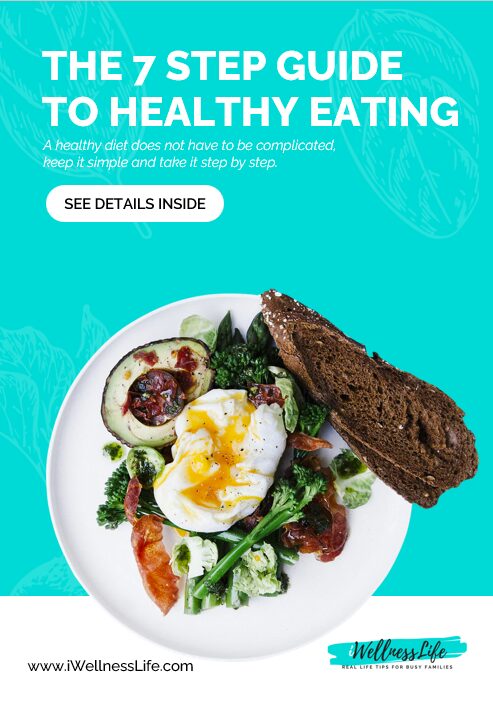Is coffee a healthy choice for your lifestyle? Whether you enjoy a casual cup or find yourself hitting double digits, there are important things to consider…
Let’s start with the basics. Coffee, as we know it today, comes from the seeds of the coffea arabica plant. Legend has it that its discovery dates back to a 9th-century Ethiopian goat herder named Kaldi, who noticed his flock became more energetic after nibbling bright red berries. Curious, he sampled the berries himself and shared them with nearby monks. Initially dismissed, the berries were accidentally roasted, revealing a delightful aroma that led to the world’s first cup of coffee—and the rest is history.
The term “coffee” entered English in 1582, originating from the Arabic word for “wine,” qahwah, which transformed into kahveh in Turkish and koffie in Dutch.
The main allure of coffee? Caffeine. This central nervous system stimulant blocks adenosine, a neurotransmitter that promotes relaxation, leading to increased alertness and productivity. Essentially, it’s the rocket fuel that powers our mornings (and sometimes afternoons).
Now that we’ve covered the origins and appeal of coffee, let’s dive into its effects—both positive and less desirable.
The Good: Thanks to caffeine, coffee offers several benefits:
- Enhanced alertness and cognitive function
- Improved reaction time and coordination (although excess can lead to the jitters)
- Temporary relief from fatigue (but no substitute for sleep)
- Increased endurance and, rumored by some, the ability to leap tall buildings in a single bound
Fun Fact: Coffee is the world’s second most traded commodity and is beloved globally, valued at over $100 billion annually.
Beyond caffeine, coffee boasts antioxidant properties that contribute to its health benefits, including a reduced risk of certain cancers, Alzheimer’s disease, and heart disease. No wonder it’s a morning ritual for millions worldwide!
The Bad: However, like many good things, moderation is key. Too much coffee can lead to:
- Jitters and involuntary muscular tremors
- Dehydration and gastrointestinal discomfort
- Increased anxiety, paranoia, or even hallucinations
- Heart palpitations in sensitive individuals
The Ugly: Consuming excessive caffeine can have short-term negative effects. While life-threatening overdoses are rare, it’s crucial to recognize that caffeine affects everyone differently based on factors like health, age, weight, and tolerance levels.
For most people, 1-3 cups of coffee a day strike a balance between enjoying its benefits and avoiding its drawbacks. Remember, while coffee can enhance your day, moderation ensures it remains a healthy part of your routine.
So, in summary:
- Coffee in moderation = good
- Too much coffee = not so good
- Excessive coffee = bad
Scientists Discover Simple ‘Coffee Hack’ To Help Boost Metabolism And Release Belly Fat…
Take this with your ‘Morning Joe’ and you won’t have to worry about needing that 2nd or 3rd cup throughout the day….
CLICK HERE FOR MORE INFORMATION – 100% Money Back Guarantee

Subscribe To Our VIP Newsletter
Join our VIP mailing list to receive additional content that goes even deeper into the latest tips to ensure you and your families health, fitness and wellness.























